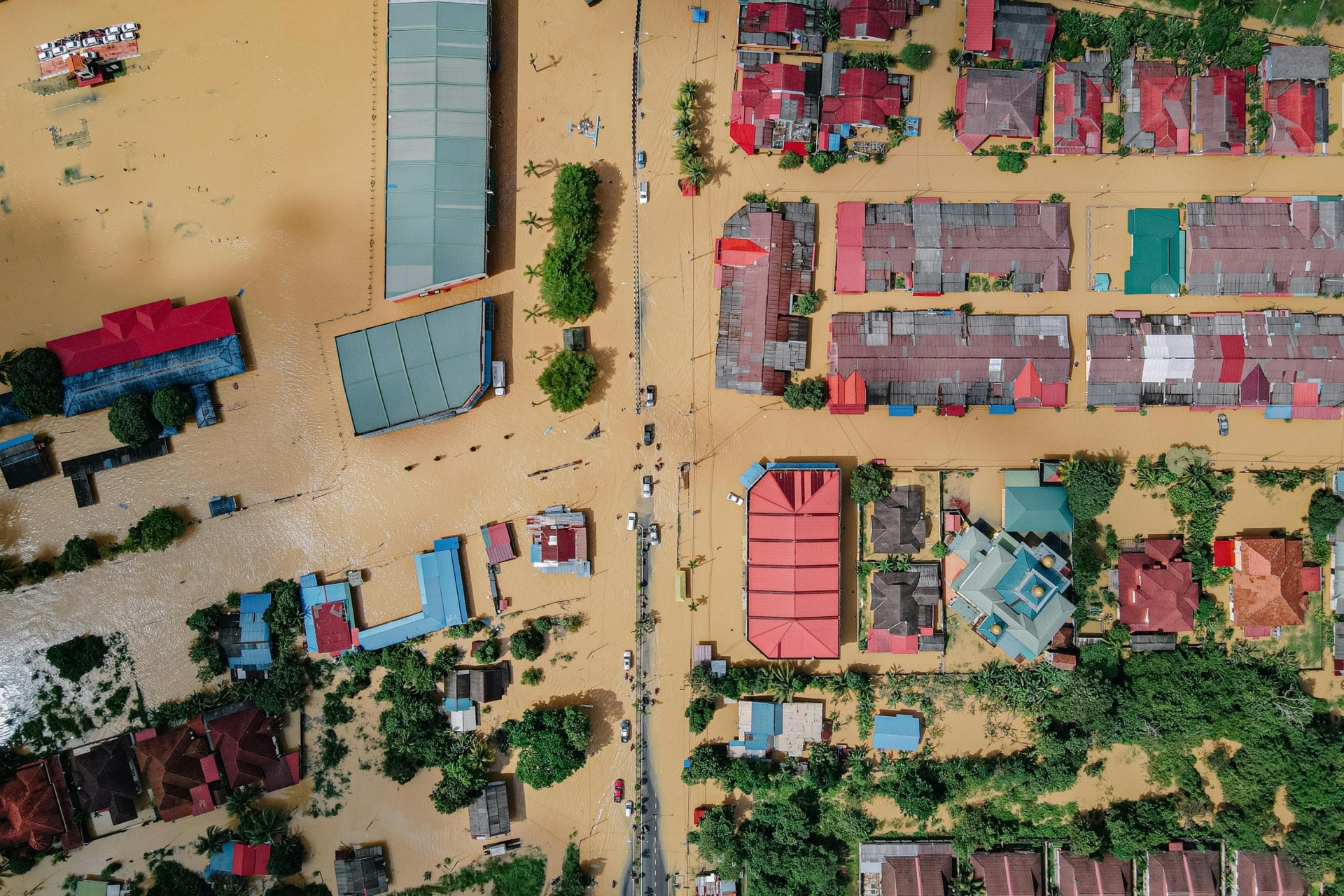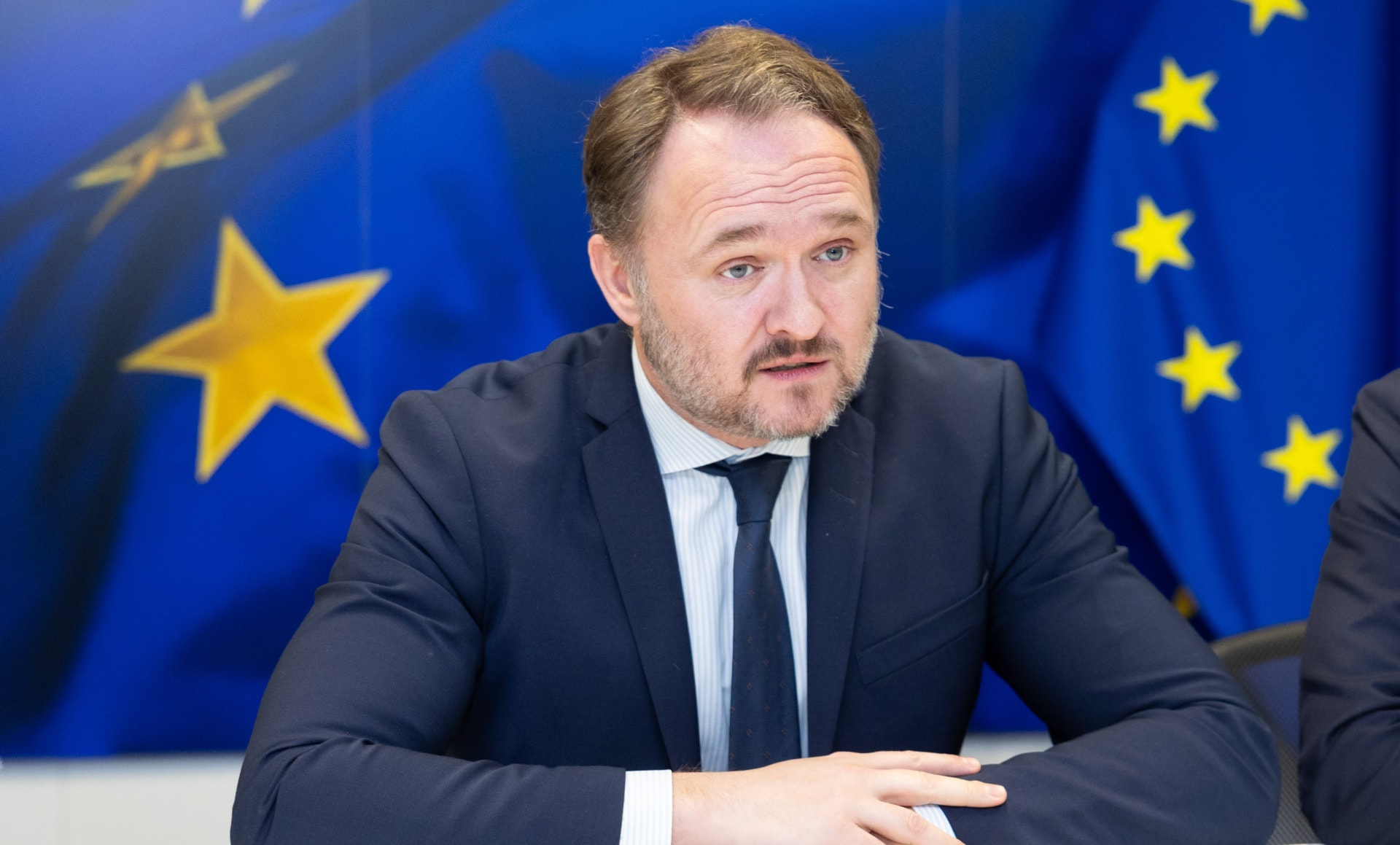According to the Food and Agriculture Organization of the United Nations (FAO), livestock supply chains account for 14.5% of global anthropogenic greenhouse gas emissions. And cattle are responsible for about two-thirds of that total, largely due to methane emissions resulting from stomach fermentation. Methane, a potent greenhouse gas with a global warming potential 28 times higher than carbon dioxide over a 100-year period, is a major climate change culprit.
“Reducing methane emissions from the agricultural sector is one of the most pressing challenges in today’s fight against climate change.”
Alarmingly, livestock’s methane emissions may rival those of cars worldwide and match the emissions from global cement production. Even more shocking, estimates suggest livestock methane could be four times higher than emissions from the entire aviation industry.
In the race to curb livestock’s outsized contributions to climate change, ag-biotech startup ArkeaBio is taking an innovative biological approach. Based in Boston, the startup is developing a groundbreaking vaccine aimed at making cows produce less methane through their digestive processes. By harnessing advances in microbiology and immunology, ArkeaBio hopes to deliver a first-of-its-kind solution.
The startup has recently raised USD $26 million in Series A funding, including from Breakthrough Energy Ventures, a firm backed by Bill Gates.
At the helm of ArkeaBio’s ambitious mission is Colin South, PhD, whose decades of leadership in agricultural biotechnology make him uniquely suited to guide this groundbreaking venture. Hailing from a farming background in New Zealand, South brings over 25 years of experience developing high-value bioproducts for the food, feed, and energy industries.
But South is not alone in this endeavor. The startup boasts a formidable team, with five out of six of its leaders holding doctoral degrees in disciplines directly relevant to ArkeaBio’s work.
“Our team of dedicated Molecular Biologists, Immunologists, and Animal Scientists work vigorously to develop and deploy tools enabling farmers to adapt to changing environmental and market conditions,” said South, in a recent announcement about the startup receiving the NEVYs Emerging Climate Tech Company of the Year Award.
Livestock’s Role in Climate Change
Livestock’s contribution to climate change stems from various greenhouse gas emission sources throughout the animal agriculture supply chain, including:
- Enteric fermentation: Regular digestive processes in ruminant animals like cattle and sheep produce methane, primarily through belching as a byproduct. Contrary to common belief, NASA highlights that belching, not flatulence, is the main culprit for methane emissions from livestock.
- Manure Management: Improper storage and handling of animal waste, especially in liquid manure management systems like lagoons, generate significant methane and nitrous oxide emissions.
- Feed Production: Manufacturing fertilizers, pesticides, and other farm inputs for growing livestock feed emits carbon dioxide. The application of fertilizers also leads to nitrous oxide releases from soil.
- Land Use Change: Clearing forests, grasslands, and other ecosystems to create new pastures for grazing or cropland for feed production releases stored carbon from biomass and soil.

- On-Farm Energy Use: Powering ventilation, cooling systems, and other operations in livestock facilities consumes energy.
- Processing and Transport: Emissions arise from slaughtering, processing, packaging, and transporting livestock products beyond the farm gate.

As Chairman of the Board at ArkeaBio and partner at Breakthrough Energy Ventures Chris Rivest explains, “[r]educing methane emissions from the agricultural sector is one of the most pressing challenges in today’s fight against climate change.”
ArkeaBio’s vaccine for cows
ArkeaBio’s solution tackles the methane problem head-on through an anti-methanogen vaccine. This singular breakthrough provides a viable answer to the distributed, worldwide challenge of livestock methane emissions.
The vaccine works by prompting the cow’s immune system to produce antibodies that target and neutralize the methane-producing microbes, known as methanogens, present in the stomach. By diminishing this methanogenic population, the vaccine effectively reduces enteric methane released during the cow’s digestive process.
ArkeaBio stands out because its approach has the potential for efficient deployability and seamless integration into existing agricultural practices. The vaccine will be safe, additive-free, cost-effective, and rapidly deployable at a commercial scale, making it an attractive proposal for farmers and ranchers globally.
“A vaccine really would be the holy grail of methane reduction in livestock, given its potential to be used with many different types of livestock and farming systems,” Jeremy Hill, chair of the Pastoral Greenhouse Gas Research Consortium, told the Fast Company. “However, development of a vaccine to inhibit the methane-producing microbes in the digestive system of a cow is extremely challenging from a technical perspective as it will need to work in a very different way to other types of vaccination.”
Looking ahead: sustainable livestock industry
Even with innovative vegan and vegetarian food technologies like plant-based meat alternatives, a substantial portion of the global population remains reliant on livestock as a critical source of nutrients and livelihoods.
This dependence, combined with rising affluence driving increased demand for animal-sourced foods in emerging economies, underscores that a global pivot away from livestock likely remains decades away.
The livestock industry is also caught in a complexity stemming from decades of deeply rooted practices and structural challenges. From the diffuse nature of farm operations scattered across remote, far-flung regions, to the capital-intensive investments required to modernize facilities, implementing sustainable change is an uphill battle.

This intricate web of economic, logistical, and cultural barriers raises formidable hurdles in transforming the livestock industry.
So, when can we expect to see ArkeaBio’s vaccine at work? Well, the startup’s vaccine solution is still in an early stage and its long-term effects on cow health and productivity remain unknown. One can only hope that humanity’s drive for solutions matched with the urgency of the climate crisis will propel revolutionary developments like ArkeaBio’s vaccine into a global priority.
Editor’s Note: The opinions expressed here by the authors are their own, not those of Impakter.com — In the Cover Photo: A dairy cow inside a transport trailer makes eye contact through the narrow openings in the side of a transport trailer. She and the cattle with her are en route from Denmark to Turkiye and are temporarily stopped after crossing a Turkish border. Kapikule, Edirne, Edirne Province, Marmara Region, Turkiye, 2023. Cover Photo Credit: Havva Zorlu / We Animals Media.












